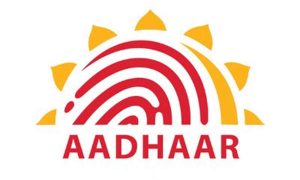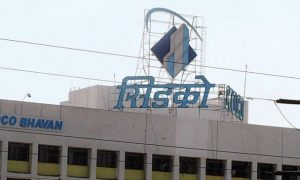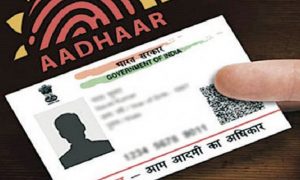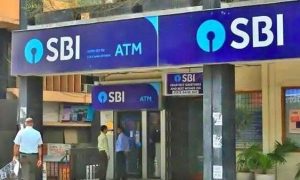RBI said, all banks, ATM networks and white label ATM operators may provide the option of interoperable card-less cash withdrawal at their ATMs. Know how it works
The Reserve Bank of India (RBI) has recently announced that interoperable cardless cash withdrawal facility using the Unified Payments Interface or UPI platform, will be available across bank’s ATM network. In circular dated May 19, the central bank said, “All banks, ATM networks and white label ATM operators may provide the option of interoperable cardless cash withdrawal at their ATMs.” The aim is to increase customer convenience and encourage cardless cash withdrawal.
At present, cardless cash withdrawal through ATMs is limited only to a few banks in the country on an on-us basis. Simply put, customers of a bank can only use their ATMs to withdraw cash without a card. “It is now proposed to make cardless cash withdrawal facility available across all banks and ATM networks using the UPI,” said Shaktikanta Das during announcing the decisions of Monetary Policy Committee (MPC) in April.
Read More: Repo rate hike: EMIs may go up, but depositors of THIS segment will benefit, say experts
What is Card-less Cash Withdrawal?
As the name suggest, cardless cash withdrawal facility will allow customers to witdraw money from ATMs without using their debit or credit cards. Users need to enter their UPI details to withdraw money from ATMs. To acess this new facility, one must have a UPI ID and either mobile banking application or any UPI application on their phones.
How will Card-less Cash Withdrawal Works
“National Payments Corporation of India (NPCI) has been advised to facilitate Unified Payments Interface (UPI) integration with all banks and
ATM networks,” RBI said in its recent circular. “While UPI would be used for customer authorisation in such transactions, settlement would be through the National Financial Switch (NFS)/ATM networks,” it added.
Read More: Taxpayers, ALERT! Income Tax Dept issues warning against fraud messages, check how to stay safe
Cardless Cash Withdrawal Charges
There will be no added charges for cardless cash withdrawal charges from ATMs using UPI platforms. “The on-us/off-us ICCW transactions shall be processed without levy of any charges other than those prescribed under the circular on Interchange Fee and Customer Charges,” RBI mentioned.
At present, bank customers are eligible for five free transactions — including financial and non-financial transactions — every month from their own bank ATMs. For other banks’ ATMs, the free withdrawal limit has been set at three transactions in metro cities, five in non-metro cities. Beyond free transactions, the bank will charge Rs 21 per transaction, effective from January 1, 2022. The charges for using other bank ATMs for cardless cash withdrawal remain same.
Cardless Cash Withdrawal via ATM Using UPI Limits
“Withdrawal limits for interoperable cardless cash withdrawal at their ATMs. transactions shall be in-line with the limits for regular on-us/off-us ATM withdrawals,” the central bank mentioned.
To Avoid Debit and Credit Card Frauds
“The cardless cash withdrawal circular issued by RBI is primarily aimed at curbing frauds like skimming, card cloning and device tampering,” said Pranay Jhaveri, managing director, India & South Asia at Euronet Worldwide. “While the pandemic acted as a catalyst, digital transactions in the country have risen exponentially over the last few years because of increasing internet usage and smartphone penetration as well. With this initiative soon all users will have greater freedom to withdraw money at their own convenience, without being restricted by a physical ATM card. This initiative will further boost UPI payments,” he added.
“This move will not only enhance the ease of transaction but would also help in curbing frauds, such as card skimming, card cloning, device tampering, etc,” said Mayank Mehta, partner, Pioneer Legal





































